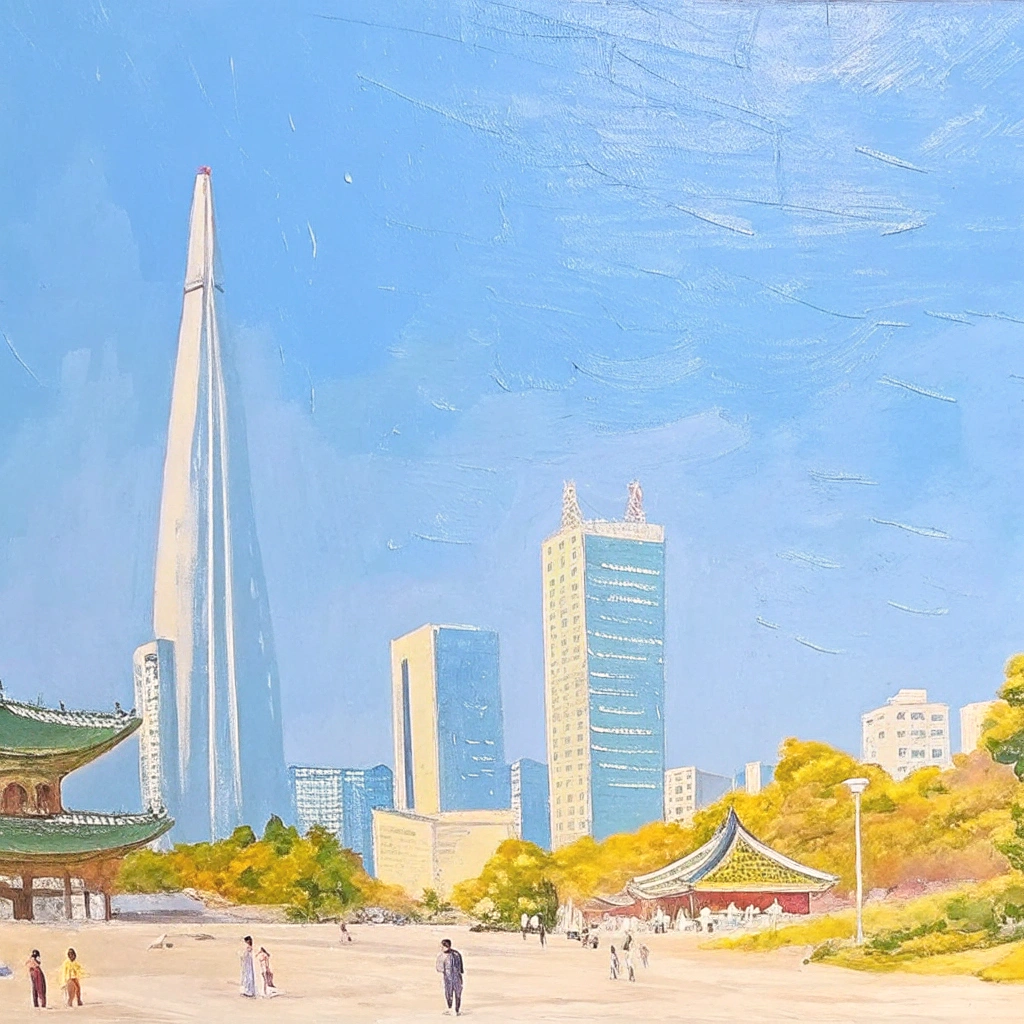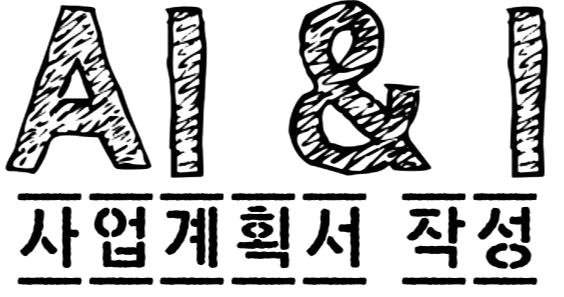Our politics, going too far, again and again.
Our people, unable to bear watching any longer.
They decided to establish a People’s Assembly and directly elect 12 members.
The candidates running for the 1st People’s Assembly are as follows:
King Sejong, Yi Sun-sin, Ahn Jung-geun, Yun Bong-gil, Ahn Chang-ho, Jeong Yak-yong, Yun Dong-ju, Shin Saimdang, Jang Bogo,
(A piece I wrote half-jokingly in 2015)
I am enjoying my retirement in a quiet neighborhood near San Francisco. When the sun is shining, I play tennis, and occasionally I enjoy a walk on the golf course. In the peaceful atmosphere here, I tend to just shrug off most current events news, thinking, “That’s just how things are.” Having lived so intensely in Korea, I figured it might be okay to view the world from a distance now. I also had faith that my juniors and our outstanding citizens would handle things well.
However, not long ago, an event occurred in Korea that shattered that tranquility in an instant.
December 3, 2024. The President, not due to foreign invasion or any ongoing riots, suddenly declared emergency martial law. The scene of soldiers breaking through parliamentary windows and entering felt like watching a surreal movie. It wasn’t something that should happen in 21st-century South Korea. But that scene was real, and it was a moment that exposed the bare face of the nation that had taken pride in the ‘Miracle on the Han River’ and ‘K-Culture.’
South Korea, a nation that transformed from an aid recipient to an aid donor, a cultural powerhouse watched by the world. It feels bitter to think that the inner workings of such a successful country were like this. No, looking back just a little, the Korea I experienced in my daily life wasn’t such a great country either. It would be accurate to say it was a society where profit and power often took precedence over justice, and where the tyranny of the wealthy and powerful was tolerated. Perhaps the only thing maintaining the Korea of my time was the lingering sense of shame (염치 – yeonchi), the need to at least pretend to be just, even if it wasn’t true?
It seems certain that even that sense of decency has vanished.
It appears we now accept a competition not where rational logic or arguments from a position of goodwill are acknowledged, but where absurd assertions are defended through wordplay. While this might be expected of politicians, even legal professionals and academics, whom we might have hoped would know better, have dragged South Korea’s standards down to a level that would embarrass elementary school students. In particular, the prosecution and the courts seem clearly to be playing in their own league, drifting further and further away from justice.
To think that I was living in a judicial system where common sense principles learned in school – the rule of law, codified law, the evidence-first principle, the presumption of innocence – were disregarded, and where actions evaluating guilt and imposing punishment based on personal interpretation or emotion were tolerated.
Lost in such thoughts, it paradoxically occurred to me that this might be a turning point. No, perhaps it’s a golden opportunity given to us by heaven. After all, many people witnessed that reality clearly with their own eyes. As always, lessons follow adversity. Just as the dead can save the living, past events become wisdom for those living today. However, such wisdom always required the interpretation and explanation of the haves and the learned.
But this time is different. Because the people witnessed the declaration of martial law and its unfolding in real-time, and because the true state of South Korea’s political standards and judicial system was clearly revealed. Hope began to spring forth that this time, the people might be able to achieve it themselves.
And so, the image that comes to mind is the ‘7th Republic.’ Not simply a transition to a republic by amending a few lines of the constitution, but imagining a nation that cuts out the revealed problems in politics and the judiciary and creates a new South Korea.
The 6th Republic system, which began with the June Struggle of 1987, certainly had its glories, but its disappointments and limitations were equally clear. Now, a new vessel is needed to contain a new spirit of the age. A system not just for the politicians’ feast, but one truly centered on the ‘people.’ A society where logic, common sense, empathy, and responsibility function. Shouldn’t we try to build such a country?
Then, a whimsical thought occurred to me. What if the key positions of the 7th Republic were filled by great figures from our history? Of course, it’s a fantasy with zero chance of happening, but through this imagination, I felt we could reflect on the values and leadership we need to recover. Or perhaps, by borrowing the spirit of these figures, it might offer some comfort to the frustrated hearts weighed down by these stifling times.
For the President, the face of the nation and symbol of unity, wouldn’t it be King Sejong? His heart for the people, his constant will to communicate (Hangeul!), his innovative spirit embracing the new. Isn’t this exactly the leadership needed now?
For Prime Minister, managing the complex affairs of state, perhaps Dasan Jeong Yak-yong. His spirit of seeking truth from facts (Silhak), his deep contemplation on institutional reform, his heart as a public servant (mokmin-gwan) thinking of the people. He embodies the essence of administration.
For the President of the Constitutional Court, the final guardian of the constitution, perhaps Ahn Jung-geun. His uncompromising integrity against injustice and the courage with which he sacrificed his life for the nation and justice. One feels his fortitude, unshakeable by any external pressure in the name of the law.
For the Chief Justice of the Supreme Court, to restore collapsed judicial trust, perhaps Dosan Ahn Chang-ho. His life, emphasizing honesty, sincerity, and constant self-reflection, speaks volumes about the attitude needed by judges.
For the Head of the Board of Audit and Inspection, monitoring the national coffers and public service, perhaps Danjae Shin Chae-ho. His sharp critical spirit that couldn’t tolerate injustice and his independent perspective. The fierce ability to distinguish public and private without compromise is needed.
For the Minister of Foreign Affairs, representing national interests on the international stage, perhaps Yun Bong-gil. His courage and determination, which informed the world of his homeland’s will for independence through his short but intense life. A symbol of dignified diplomacy.
For the Minister of National Defense, the nation’s shield? Well, there’s likely no disagreement here. Admiral Yi Sun-sin. His crisis management ability and devotion to the country and its people need no further words; he is the embodiment of it.
For the Minister of Justice, to re-establish the rule of law and human rights, perhaps Baekbeom Kim Gu. His spirit, emphasizing the ‘power of high culture’ and pursuing human dignity and peace, should be the foundation of law enforcement.
For the Minister of Economy and Finance, responsible for economic policy, perhaps Kim Man-deok, the female CEO from Joseon-era Jeju. Her great generosity and spirit of sharing, donating her entire fortune for neighbors in need. A model of a warm economy.
For the Minister of Education, shaping the future, perhaps the poet Yun Dong-ju. His clear soul that knew shame even in dark times. Couldn’t he be a symbol of education that teaches reflection over competition, wisdom over knowledge?
For the Minister of Science and ICT, leading innovation, perhaps Jang Yeong-sil. His challenging spirit that overcame social barriers with creative ideas, ahead of his time, is needed now.
For the Minister of Culture, Sports, and Tourism, enhancing the quality of life, perhaps Shin Saimdang. Her wisdom and sense of balance, showing excellence in arts, scholarship, and children’s education. She could further elevate the quality of K-Culture.
For the Minister of the Interior and Safety, looking after public safety and local autonomy, perhaps Jang Bogo, the maritime king. His pioneering spirit active across East Asia, his international sensibility, and his organizational management skills.
For the Minister of Health and Welfare, caring for everyone’s health and well-being, perhaps Heo Jun. His humanitarianism and dedication to alleviating the suffering of the people. An icon of people-centered welfare.
For the Minister of Environment, for a sustainable future, perhaps Ji Seok-yeong. Like his foresight in introducing vaccination methods, looking ahead of his time, he symbolizes the value of environmental preservation for future generations over immediate profit.
Of course, this is just an imagined scenario.
| Position | Person | Summary of Reason for Selection |
|---|---|---|
| President | King Sejong | Communication, innovation, leadership loving the people |
| Prime Minister | Jeong Yak-yong (Dasan) | Spirit of Silhak (seeking truth), admin reform, people-centered policy |
| President of the Constitutional Court | Ahn Jung-geun (Patriot) | Justice, integrity, courage not compromising with injustice |
| Chief Justice of the Supreme Court | Ahn Chang-ho (Dosan) | Honesty and sincerity, a model for judges |
| Chairman, Board of Audit and Inspection | Shin Chae-ho (Danjae) | Critical spirit against injustice, independence |
| Minister of Foreign Affairs | Yun Bong-gil (Patriot) | Confident decisiveness, promoting the nation |
| Minister of National Defense | Admiral Yi Sun-sin | Crisis management, symbol of dedication |
| Minister of Justice | Kim Gu (Baekbeom) | Philosophy of human rights, culture, and justice |
| Minister of Economy and Finance | Kim Man-deok | Economy centered on sharing and community |
| Minister of Education | Yun Dong-ju (Poet) | Reflection and wisdom, clear educational philosophy |
| Minister of Science and ICT | Jang Yeong-sil | Creativity, innovation, spirit of practical technology |
| Minister of Culture, Sports, and Tourism | Shin Saimdang | Arts, scholarship, harmonious sensibility |
| Minister of the Interior and Safety | Jang Bogo | Pioneering spirit, autonomy, international sensibility |
| Minister of Health and Welfare | Heo Jun | Medical dedication for the people, devotion |


